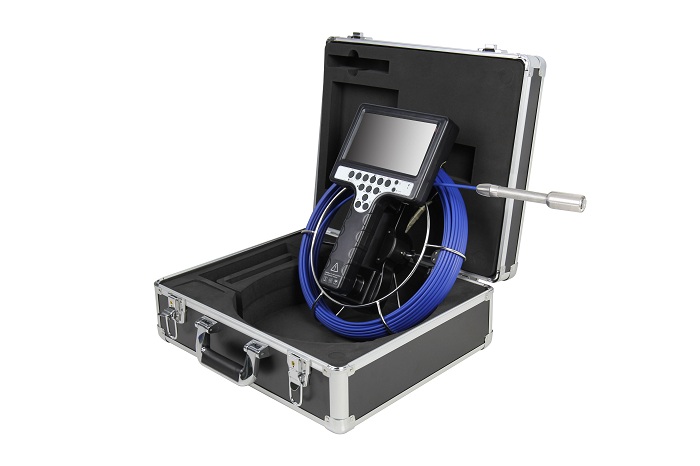The Role and Considerations for Purchasing an Vidéoscope industriel
Introduction: Industrial videoscopes are essential tools used in various industries for inspection, entretien, and troubleshooting tasks. These advanced devices provide visual access to hard-to-reach areas, enabling professionals to identify issues and make informed decisions. This article highlights the role of industrial videoscopes and provides considerations for selecting a reliable manufacturer.
The Role of Industrial Videoscopes:
- Visual Inspection: Industrial videoscopes allow for visual inspection of internal components, equipment, and structures without the need for disassembly. They provide real-time images or videos that help identify defects, fissures, corrosion, blocages, and other anomalies. Visual inspection aids in preventive maintenance, Contrôle de qualité, and troubleshooting processes.
- Remote Accessibility: Videoscopes feature flexible or rigid probes that can navigate narrow spaces, bends, and curves. They provide access to confined areas, such as pipes, éoliennes, moteurs, and machinery, allowing professionals to assess their condition and perform inspections without physical disassembly. This minimizes downtime and reduces the risk of damage during disassembly and reassembly.
- Documentation and Reporting: Industrial videoscopes often have built-in features for capturing images and recording videos. These capabilities enable professionals to document inspection findings, share them with colleagues, and generate comprehensive reports. Visual evidence enhances communication, facilitates decision-making, and serves as a valuable reference for future maintenance and audits.
- Improved Safety: By eliminating the need for direct physical access to hazardous or hard-to-reach areas, industrial videoscopes enhance safety during inspections. Operators can assess potentially dangerous environments, such as high-temperature areas, confined spaces, or areas with toxic substances, remotely and accurately. This reduces the risk of accidents and ensures the well-being of personnel.
Considerations for Choosing an Industrial Videoscope Manufacturer:
- Reliability and Quality: Select a reputable manufacturer known for producing reliable and high-quality industrial videoscopes. Consider their track record, certifications, and customer reviews to ensure the durability and performance of the device.
- Probe Flexibility and Durability: Evaluate the flexibility and durability of the videoscope’s probe. Depending on the inspection requirements, choose between rigid or flexible probes that can withstand the intended environments and bending requirements.
- Image Quality and Resolution: Consider the image quality and resolution of the videoscope. Higher resolutions and better image quality allow for more accurate and detailed inspections, enhancing the ability to identify subtle defects or irregularities.
- Accessories and Features: Evaluate the availability of accessories such as interchangeable probe tips, capacités d'articulation, adjustable lighting, and image capture functionalities. These features enhance the versatility and effectiveness of the videoscope for various applications.
- Customer Support and Service: Consider the level of customer support and service offered by the manufacturer. Ensure that technical assistance, warranty coverage, and calibration services are readily available when needed.
Conclusion: Industrial videoscopes play a crucial role in various industries, enabling professionals to visually inspect and diagnose equipment and structures without disassembly. When selecting an industrial videoscope, consider the role-specific requirements, such as image quality, probe flexibility, and durability, as well as the reputation, reliability, and customer support provided by the manufacturer. By making an informed decision, companies can acquire a reliable and high-performing industrial videoscope that meets their inspection needs and enhances operational efficiency.


